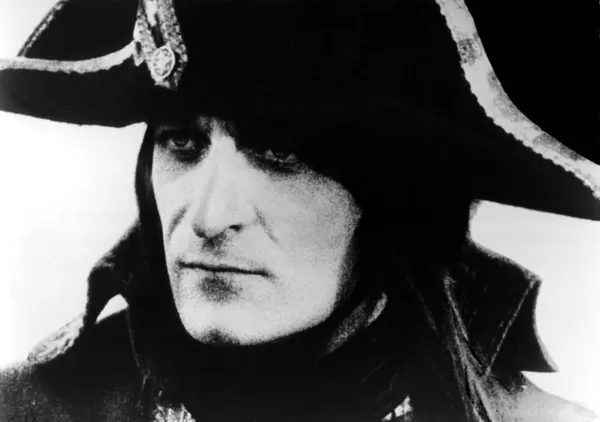 |
| Albert Dieudonné as Napoleon which 'amazed audiences and critics alike when it premiered at the Paris Opera on 7 April, 1927' Photo: Photoplay |
An epic of silent cinema Abel Gance’s Napoleon, which has been seen over the years in various restored versions presented by the likes of film historian Kevin Brownlow and director Francis Ford Coppola, with live scores by Carl Davis and Coppola’s father Carmine, has been resurrected in a new guise for a premiere in the Classics section of the Cannes Film Festival.
The first part of the “new” film will be unveiled on May 14 with Napoléon (1st period), in a version resulting from what is described as "a colossal, passionate effort by the Cinémathèque française, with the support of the national film body the CNC".
It has taken more than 16 years to bring Gance's masterwork back to life. Different sources were used to rediscover the original storyline for the reconstruction of the seven-hour film, divided into two eras.
 |
| Original Napoleon poster Photo: UniFrance |
Film editor Georges Mourier and a team worked frame-by-frame and reviewed nearly 60 miles of film. Gance's editing notes and correspondence with his editor, made it possible to re-edit the film in its original version.
Gance used multiple technical and aesthetic innovations such as horse-mounted cameras and the celebrated triptych ending, on three screens simultaneously.
With its grandiose cast and thousands of extras, the film amazed audiences and critics alike when it premiered at the Paris Opera on April 7, 1927, in the presence of French President Gaston Doumergue and Marshals Foch and Joffre. It then embarked on a world tour.
With the advent of talking pictures, the reels were scattered across the globe, some lost or destroyed. The film was then recut and mutilated many times over - with 22 different versions known to date.
After Cannes the film will be shown in its entirety with a live performance of the film score, with 250 musicians from Radio France at the Seine Musicale in Paris on July 4 and 5, as well as at the Radio France festival in Montpellier, and then at the Cinemathèque française and in summer festivals. It will be released in French cinemas at a later date and will be shown on France Télévisions and Netflix.
 |
| Abel Gance used multiple technical and aesthetic innovations such as horse-mounted cameras and the celebrated triptych ending Photo: UniFrance |
Brownlow, dedicated 50 years of his life to finding and restoring different cuts of the film, and his five and a half hour version was released on DVD and Blu-Ray by the British Film Institute in 2016. In 1980 it received a screening at the Edinburgh International Film Festival with Davis and a live orchestra and a virtual audio contribution by Gance himself.






















